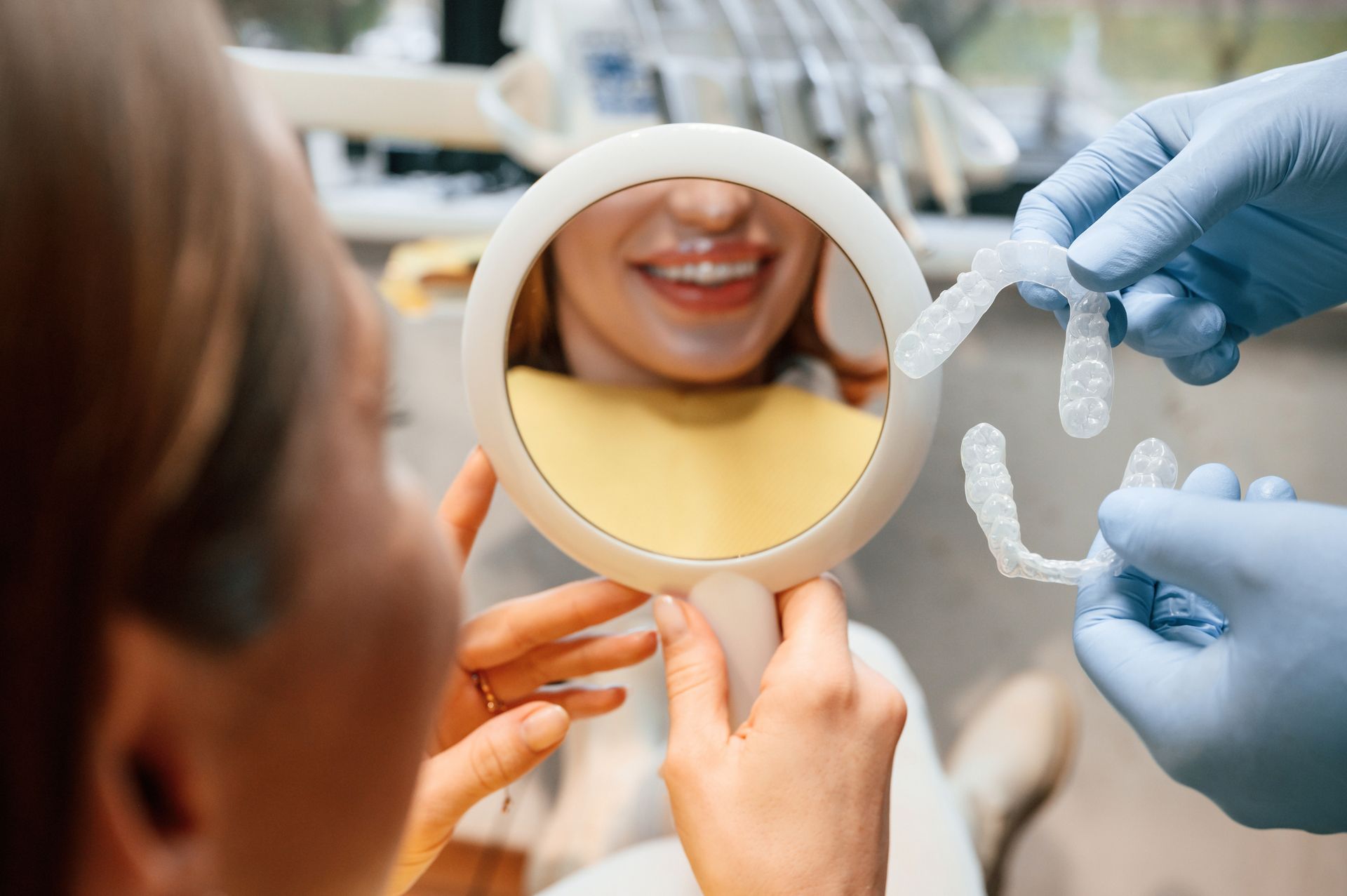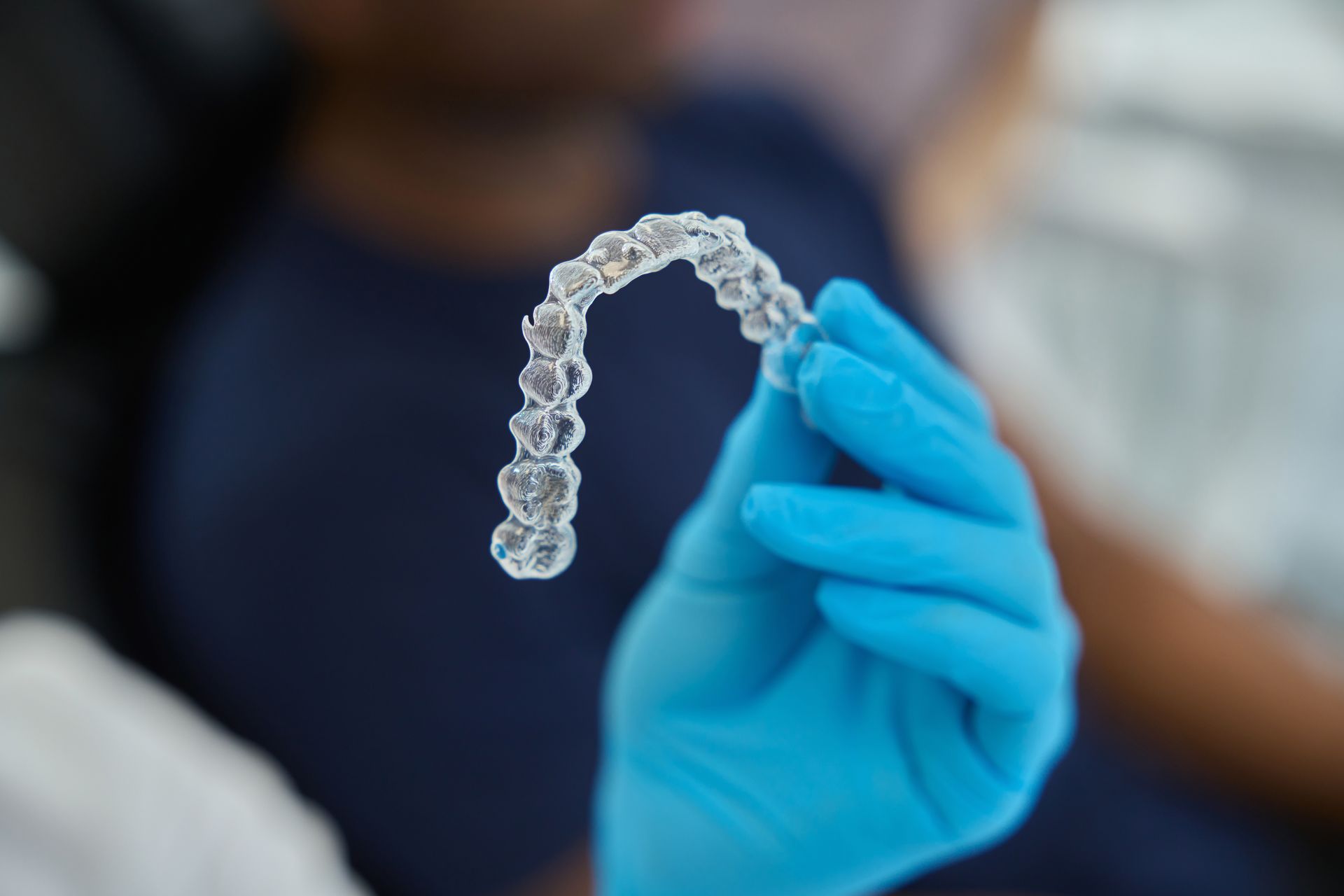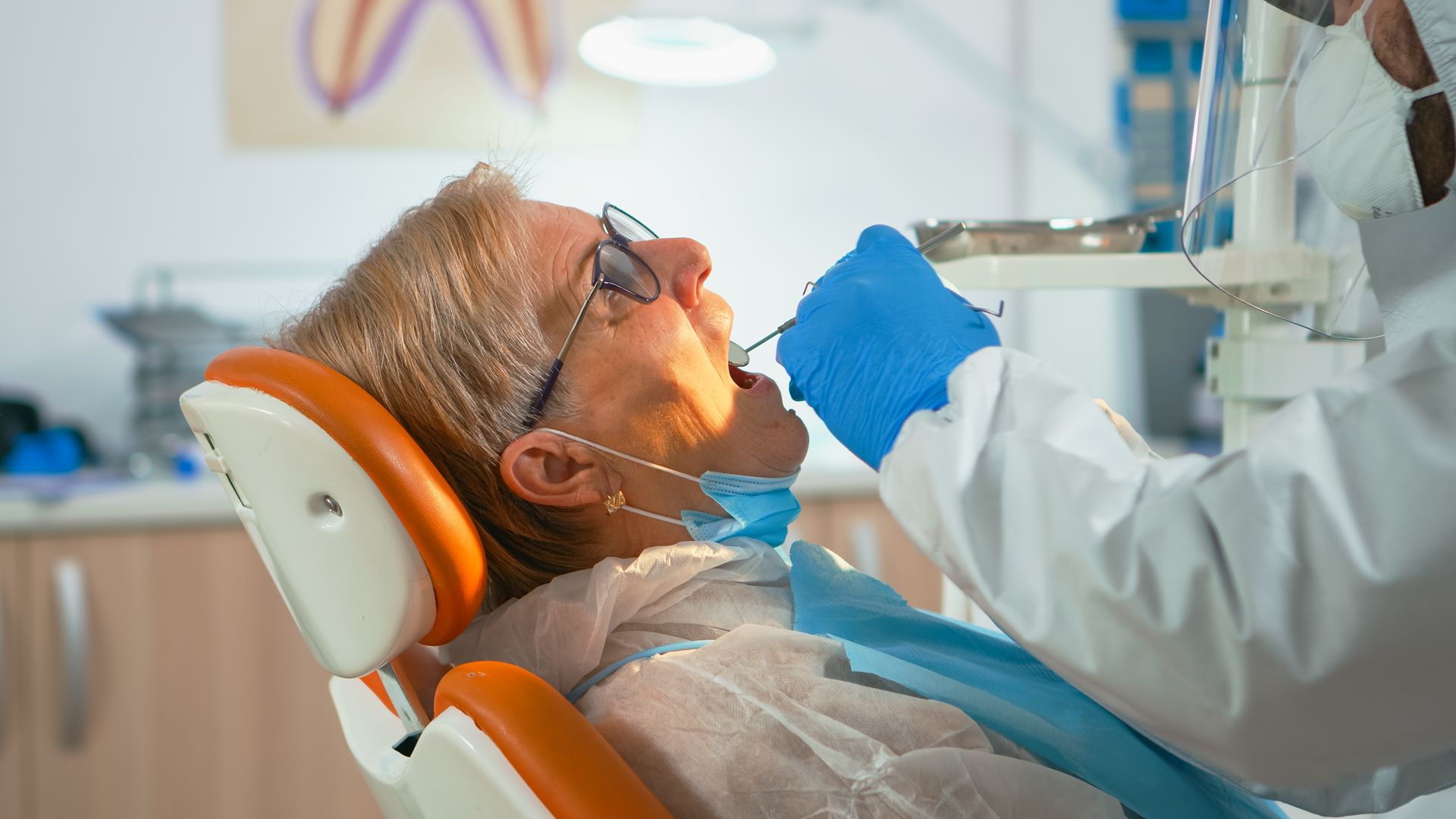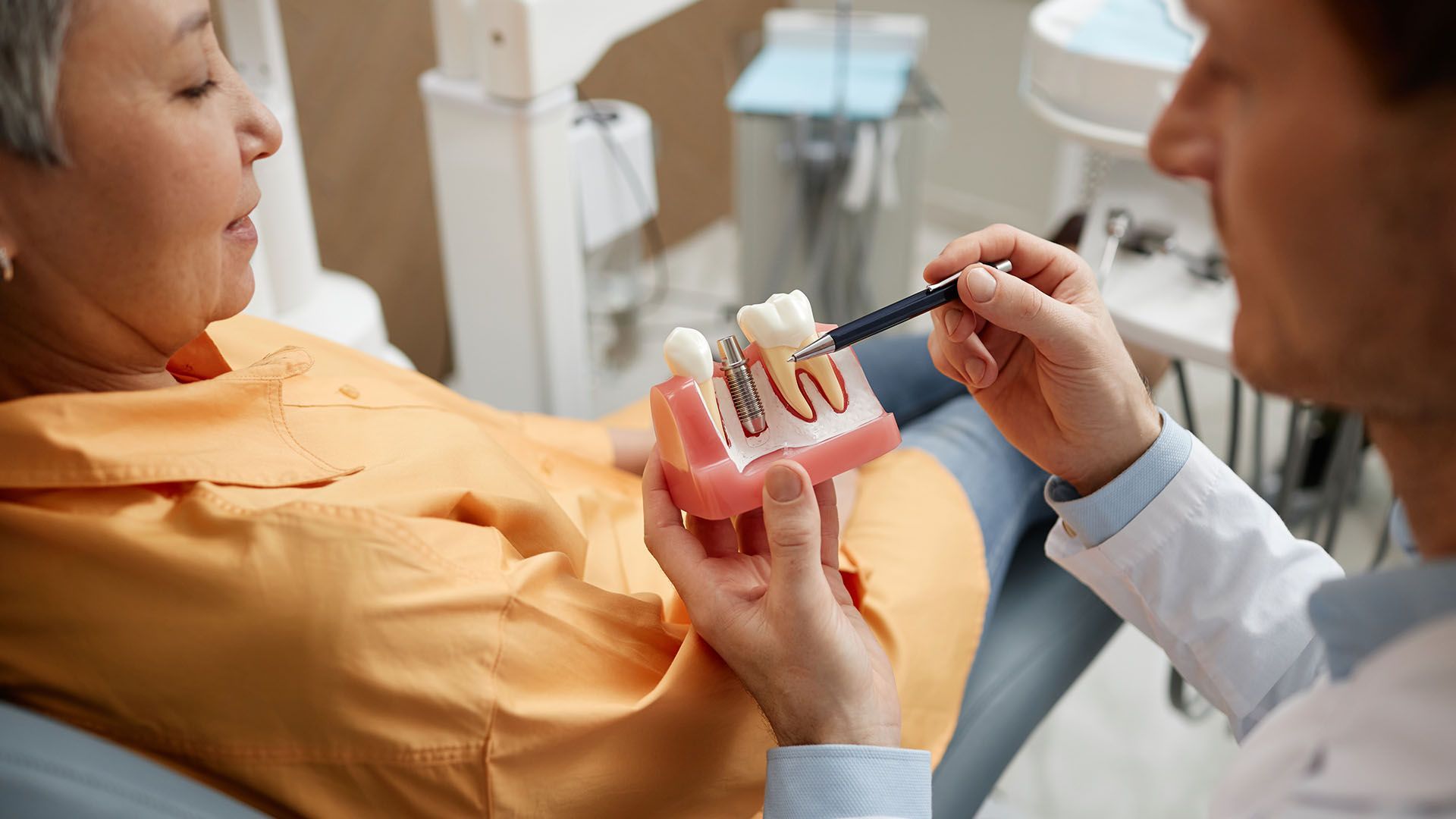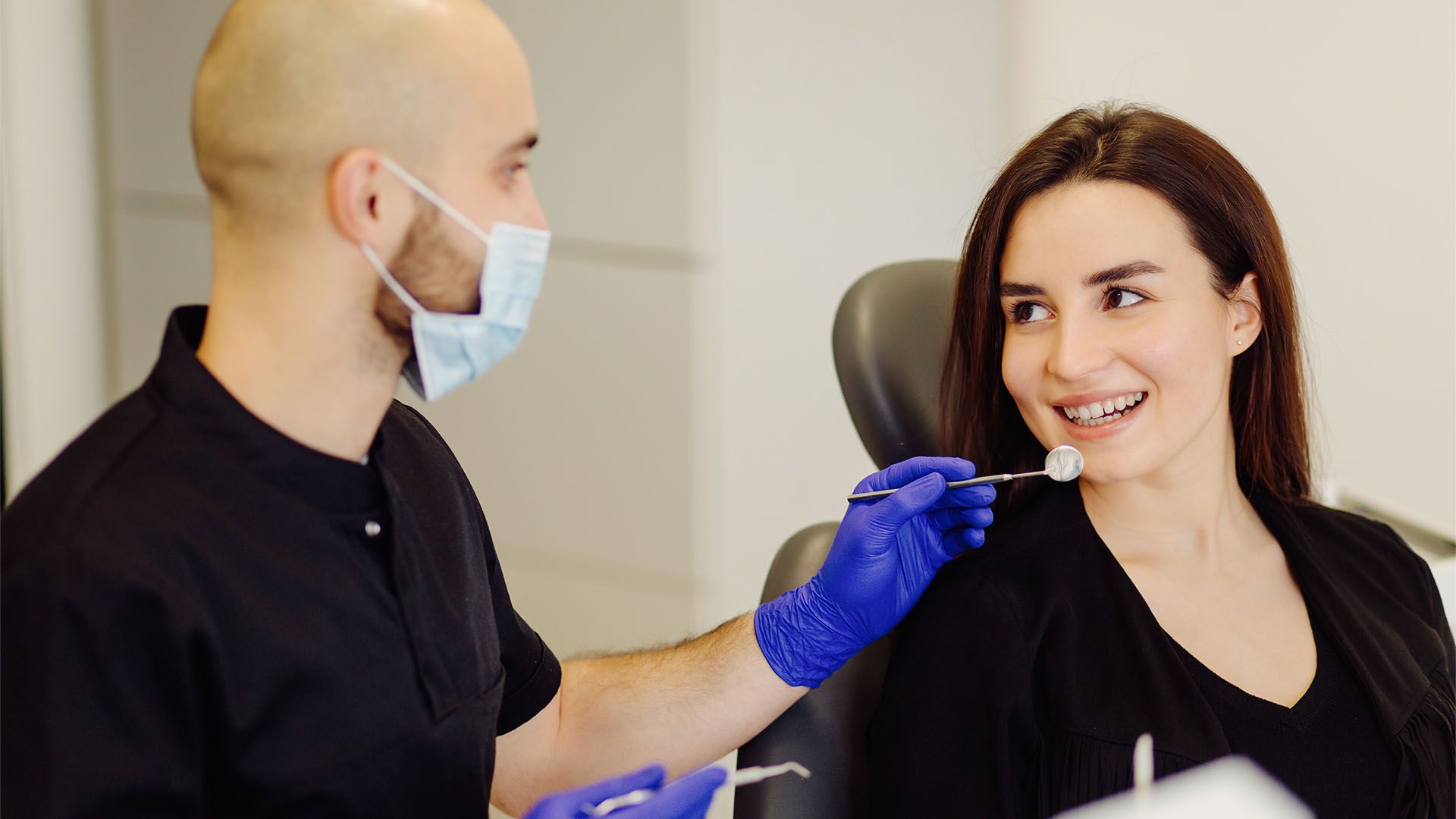How Long Do Dental Implants Hurt? Here's What to Expect

Dental implants are one of the most effective and long-lasting solutions for replacing missing teeth, but many patients naturally ask, “How long do dental implants hurt?” At Ufberg Dental, we’ve helped hundreds of patients through the implant process and understand this common concern. With the right care and expectations, most people experience mild to moderate pain for just a few days, with full recovery typically taking a couple of weeks. In this article, we’ll provide a clear and honest overview of what to expect during recovery, how to manage pain, and when discomfort might be a sign of a complication.
What to Expect After Dental Implant Surgery
Immediate Post-Surgery Sensations
Once the anesthesia wears off, it’s common to feel some discomfort around the surgical site. The first 24–48 hours are usually when pain and swelling are at their peak. This is completely normal and part of the body’s natural healing response.
When Pain Typically Begins
Pain usually starts a few hours after surgery when the local anesthesia wears off. For most patients, it begins as a dull ache and may feel like pressure or soreness at the implant site.
How Long Does the Pain Last?
Most patients report that
dental implant pain lasts 3 to 5 days, with the worst discomfort occurring in the first 48 hours. By
day 4 or 5, pain typically subsides. Minor soreness and tenderness can linger for
up to 10 days, especially when chewing.

What Type of Pain Is Normal?
Understanding the type of discomfort you’re feeling can help determine whether you’re healing normally or if there may be an issue.
Sharp vs. Dull Pain
Mild dull pain or throbbing is normal. However, sharp or stabbing pain that doesn’t improve may need further evaluation.
Swelling, Bruising, and Discomfort
Facial swelling and slight bruising around the gums or jaw are expected after implant surgery. This usually peaks around day 2 or 3 and should start improving by day 4.
Throbbing Pain or Pressure
Some patients feel throbbing pain, especially when lying down. This is usually manageable with over-the-counter medication and resolves within the first week.
When Pain Might Be a Concern
While pain is part of the healing process, persistent or increasing pain could indicate a complication.
Signs of Infection
If pain worsens instead of improving, or is accompanied by pus, fever, or swelling that increases, it could be a sign of infection at the implant site.
Implant Rejection or Nerve Damage
Though rare, nerve irritation can cause tingling, burning, or prolonged numbness in the jaw, lips, or tongue. If this occurs, contact your provider immediately.
When to Contact Your Dentist
If you're still experiencing moderate to severe pain after 7–10 days, or you notice any unusual symptoms, schedule a follow-up appointment right away. For urgent concerns, don't hesitate to reach out through our dental emergency services.
Managing Pain After a Dental Implant
There are several simple and effective ways to keep discomfort under control during the healing process.
Over-the-Counter Pain Relief
Most patients do well with ibuprofen or acetaminophen, which help reduce both pain and inflammation.
Cold Compress and Rest
Apply an ice pack to the outside of your cheek in 20-minute intervals during the first 48 hours. Avoid strenuous activity for at least 72 hours.
Prescription Medications
In some cases, your dentist may prescribe stronger pain relief or antibiotics, especially if a bone graft or multiple implants were placed.
Timeline of Recovery and Healing
Understanding the recovery timeline can help you know what’s normal at each stage.
Days 1–3 After Surgery
Pain and swelling peak during this window. Stick to soft foods and follow all post-op care instructions closely.
Days 4–7: Pain Begins to Subside
Most patients notice a significant drop in discomfort by the end of day 4. Swelling and bruising should begin to fade.
Week 2 and Beyond: Healing Progresses
By day 10, most patients feel nearly back to normal. While the gum tissue will heal fairly quickly, the implant continues to bond with the bone for several more months.
Factors That Affect Implant Pain Duration
Not everyone heals at the same pace. Several factors can impact how long discomfort lasts.
Bone Grafts or Sinus Lifts
If your procedure included a bone graft or sinus lift, recovery may take slightly longer, and pain may last up to two weeks.
Individual Healing Response
Your general health, immune system, and lifestyle habits (like smoking) can affect recovery speed and pain levels.
Location and Number of Implants
More implants generally mean more soreness. Implants placed in the upper jaw or near nerves may also require longer healing.
Tips to Speed Up Recovery and Minimize Pain
Healing well after a dental implant means following the right aftercare.
Proper Oral Hygiene
Use a gentle mouth rinse (like warm salt water) and avoid brushing the surgical site aggressively for the first few days. This is part of maintaining good preventative dentistry habits during recovery.
Soft Food Diet
Stick with soft, non-chewy foods like yogurt, mashed potatoes, and smoothies to avoid irritating the implant site.
Avoiding Strenuous Activity
Take it easy during the first 3–5 days. Physical exertion can increase bleeding, swelling, and pain.
Final Thoughts
Pain from dental implants is usually mild and short-lived, especially when you follow post-op instructions carefully. Most discomfort fades within a week, and patients often say the short-term pain is well worth the long-term benefits of a fully restored smile.
If you have any questions about your recovery or are considering dental implants, we're here to help with honest, expert advice tailored to your needs. Feel free to contact us or check out our frequently asked questions for more information.
Frequently Asked Questions
How long do you have pain after dental implants?
Most patients experience mild to moderate pain for 3 to 5 days following dental implant surgery. Some tenderness may persist for up to 10 days, especially when chewing or brushing near the site. If pain lasts longer than two weeks, consult your dentist.
What is the most painful part of dental implants?
The most painful part is usually the first 48 hours after surgery, when the anesthesia wears off and the body begins to heal. During this time, you may feel soreness, swelling, or pressure around the implant site. Proper pain management and rest help minimize discomfort.
How can I stop my dental implant from hurting?
Use over-the-counter pain relievers like ibuprofen, apply cold compresses, and follow your dentist’s post-op care instructions. Stick to soft foods, avoid disturbing the area, and maintain gentle oral hygiene. If pain persists or worsens, schedule a follow-up visit.
Why is my dental implant throbbing at night?
Throbbing pain at night can occur due to increased blood flow when lying down, residual inflammation, or even clenching your teeth during sleep. If the throbbing persists or intensifies, it could indicate infection or nerve irritation and should be evaluated by your dentist.
What hurts more, tooth extraction or implant?
Most patients report that tooth extraction is more painful than getting a dental implant. Implant placement is done under local anesthesia, and post-op discomfort is typically easier to manage compared to the soreness and healing from an extraction.


